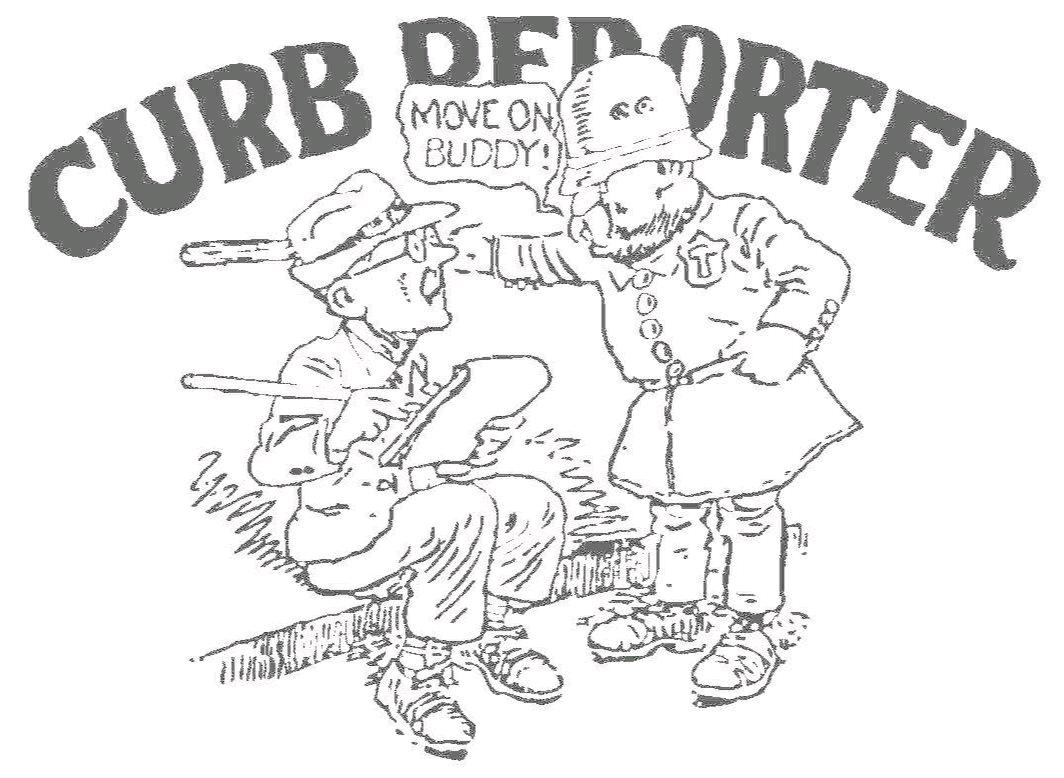Forgiving does not all the time necessitate forgetting
Published 7:43 pm Thursday, February 25, 2010
To the Editor:
Recently Jenny Sanford released her book, Staying True, a memoir of life as wife (now soon to be ex-wife) of South Carolinas Gov. Mark Sanford. Included in this book are details pertaining to her husbands infidelities.
Some have criticized Mrs. Sanford and asked why would she want to air her dirty laundry in public? One of the responses to the why she says is for therapeutic reasons.
Mrs. Sanford is to be applauded for writing her tell-all book. Not only does it prove she is a strong woman, but it shows that she is not afraid of the truth. It also substantiates the fact that remembering the past and dealing with it can help propel individuals to the future. As her book is projected to be a best-seller, I am anxious to see what the future holds for South Carolinas first lady.
Mrs. Sanford is moving on and she would probably be the first to say that the key to moving on is forgiveness. Forgiving does not all the time necessitate forgetting.
Black History Month is also a remembering of the past. We remember it, and celebrate it in order that we too may be able to move toward a better future.
When Mr. Carter G. Woodson founded Negro History Week, he saw it as an opportunity to remember and celebrate important people and events in the history of the African Diaspora. He chose the second week in February as the date of this remembrance because it marked the birthdays of two people who were influential in the lives and social conditions of African Americans.
Those two men were former president Abraham Lincoln, who signed the Emancipation Proclamation abolishing slavery, and Fredrick Douglas, an abolitionist and also a former slave.
Since its inception back in 1926, Negro History Week has grown into Black History Month. During this month-long celebration, churches, schools, communities and other entities sponsor special programs and observances recognizing both past and present African Americans who have and are still contributing to not only African American history, but American history in general. Some retailers use this month as an opportunity to promote Black products with the hopes of boosting sales.
Black History Month is a controversial subject with many; some being for and others against this observance. Many of the opponents contend that this observance is not necessary because African American history and the history of America are entwined. They feel that there should be no separation.
There are others who contest the fairness of designating a month for one specific race.
Those who are for the observance say that it is a way of preserving the history of a people who helped make America the great country it is. While the recent history books give some details of the roles that African Americans played in American history, there is so much that this written recollection leaves out. It is for that reason that during Black History Month, the rest of the story is told.
And then there are those whose response is the same as Jenny Sanford, Remembering is therapeutic.
History entails remembering and reflecting on the past and the past is a culmination of the good, the bad and sometimes the downright ugly. Many people have no problems reminiscing about the good, and we can stomach our way through the bad, but when it comes to the ugly, most people have a hard time dealing with it and for that reason we refuse to allow our minds to regress back to it.
Remembering the ugly is painful; Mrs. Sanford can attest to this. However, she might also say that her marriage was not completely filled with the ugly. Although people have a tendency to dwell on the ugly, her life with the governor consisted of so much more; there were some good times also, and the children are evidence of those good times.
As I stated earlier, people tend to dwell on the ugly, thats why in times past the mention of Black History meant the remembrance of hurt, suffering, struggling, fear and pain; caused by death, murder, lynching, injustice, rape, etc. It was those reflections that led to hatred, hatred led way to unforgiveness, and unforgiveness led way to revenge. The desire for revenge keeps people stuck in the past, and what results is a never ending cycle that goes round and round.
At some point this cycle must be broken, and it can only come about if we like Jenny Sanford are willing to forgive. Again, forgiving does not necessitate forgetting.
The time line of the African American presence in America began on Aug. 20, 1619, when the first Africans came to Jamestown, Va. Since that time, Africans have seen and some experienced the good, the bad and the downright ugly. However, their perseverance, fortitude and tenacity paid off, for on Nov. 4, 2008, the first African American president to the United States was elected. This was only made possible by the struggles of so many African Americans in history.
America is a great country and this stems from the contributions of past and present Americans, many of which just happened to be African.
While we rejoice in how far we have come, we dare not forget from whence we came. It is for that reason we continue to celebrate African American History Month.
When we can move past the pain and forgive, we too can say like Jenny Sanford we are Staying True, to our heritage and to America. Forgiving does not all the time necessitate forgetting.
the Rev. Eleanor D. Miller


